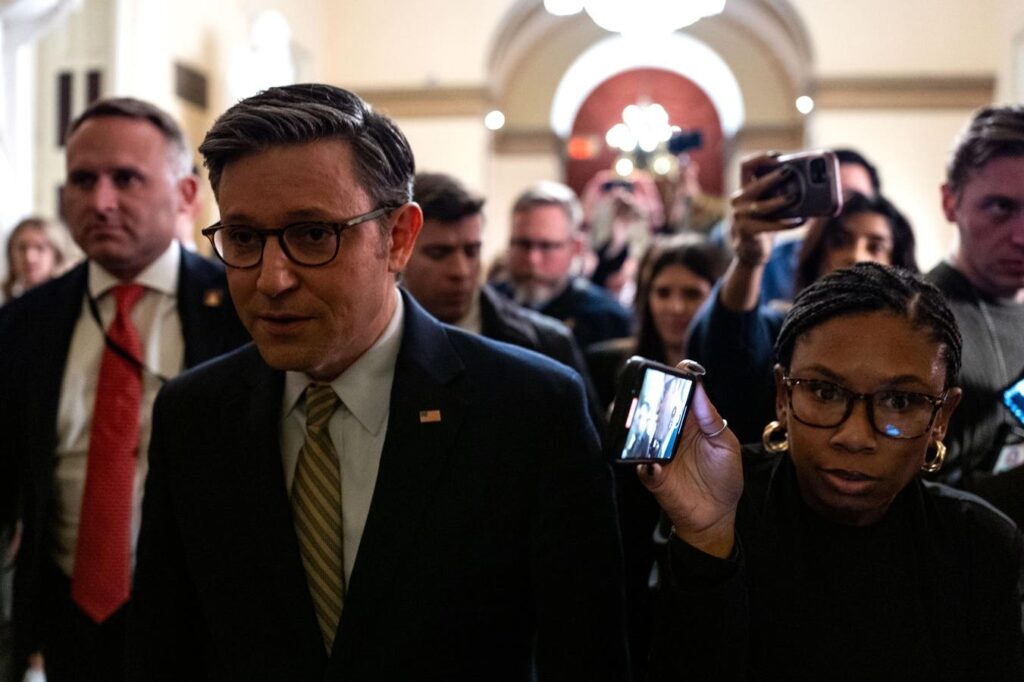Einstein never said that the definition of insanity was doing the same thing repeatedly and expecting different results. The site Quote Investigator found that it seems associated with 12-step programs.
Doing the same thing in a quest to improve could even be akin to the adage, “Practice makes perfect.” At least, sometimes it does. Other times, it can be whacky indeed.
The race to a government closure on Friday is an example. By USA Today’s count, there have been 21 shutdowns since 1976. Some lasted for a few hours; others, days or weeks. The longest-lasting one — 35 days at a cost of about $3 billion — came during Donald Trump’s first term in office.
While touted by some as a necessary tactic to make Congress behave reasonably, it is as strongly dysfunctional as one might think because budgeting is perhaps the most fundamental obligation and responsibility of the legislative branch.
This time there was a negotiated agreement on what is called a continuing resolution that extends funding for a temporary period.
At the baseline, EY Chief Economist Greg Daco said on Yahoo Finance that a government shutdown runs the risk of cutting a tenth of a percent from Gross Domestic Product, or GDP. As multiple outlets have reported, Daco says the dollar amount is $6 billion weekly.
Every federal agency has its own plan of what it will and won’t do and how much of its staff will be considered essential and work without pay, which is eventually paid back. But many functions of government are shut down.
People who receive Social Security or Medicare continue to get benefits, as the funds don’t depend on the annual appropriations process. Medical care providers also get paid. However, someone trying to sign up for either program would likely have to wait and remain uncovered.
Attractions like national museums, parks, monuments, the White House Visitors Center, and more all close. Federal courts can continue to work for a while, but not indefinitely. Food and Drug Administration food safety inspections can be delayed. Majorities of staff at the National Institutes of Health, the National Science Foundation, the National Oceanographic and Atmospheric Administration, NASA, and the Centers for Disease Control and Prevention could be furloughed. The Small Business Administration couldn’t issue new loans.
Some things that might seem unimportant to many can have subtle consequences. For example, the Bureau of Labor Statistics and the Bureau of Economic Analysis would both be forced to stop gathering and analyzing economic data. Many businesses depend on the information — and so does the Federal Reserve, which means no way of deciding whether to raise or lower interest rates.
The Supplemental Nutrition Assistance Program (SNAP); child nutrition programs; and Special Supplemental Nutrition Program for Women, Infants and Children (WIC) can continue to deliver benefits so long as they have enough budget left. If the money runs out, so do the benefits.
According to the Congressional Budget Office, there are private-sector companies that normally do business with the government and that permanently lose some business.
None of this will happen this time because Congress finally put together a new compromise bill after a previous attempt imploded. But this type of budgetary implosion will continue to happen, disrupting important governmental activities and services to citizens, especially the more economically fragile, who can’t simply push things off.
Read the full article here

